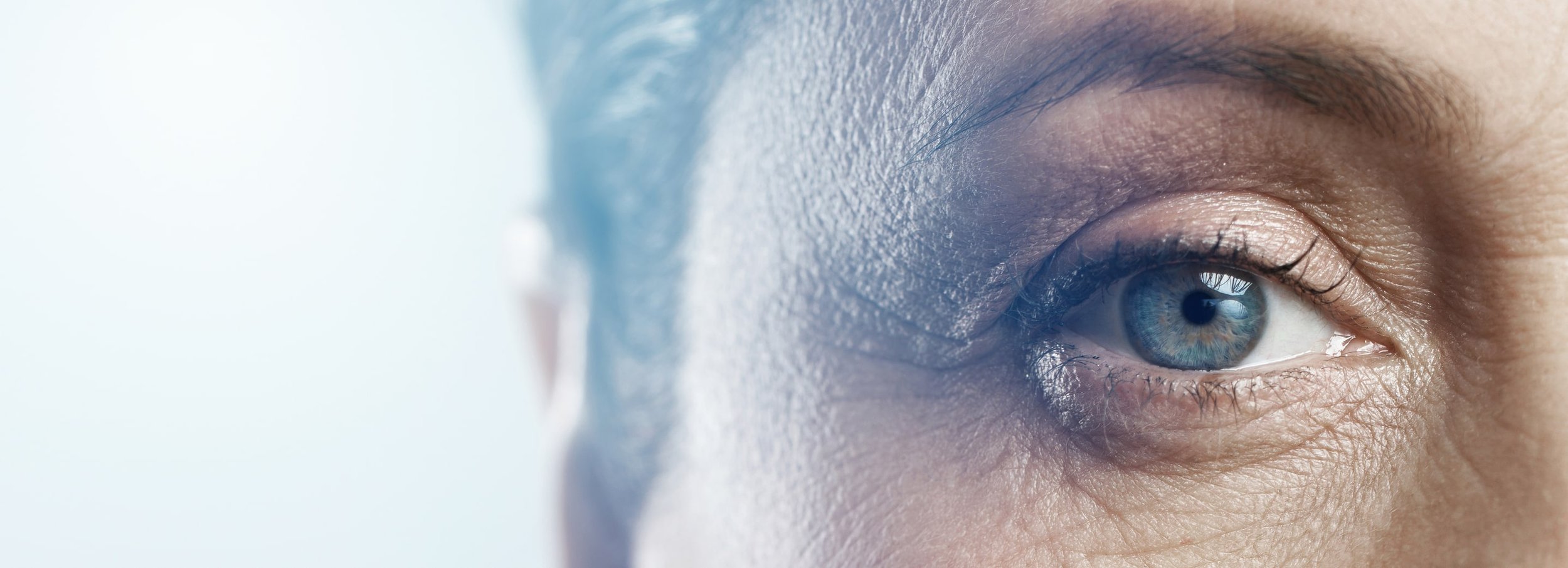
Unlocking Vision Wellness:
Expert eye care insights and tips from Arthur Hayes Opticians
Tips for Winter Eye Care
Winter can be tough on the eyes and taking good care of your eyes during the colder months can help prevent irritation and other problems.
During the winter months, you may notice you need to wear your glasses more, especially as you get older. This is because when there is less light available, your pupil expands which reduces the eye's depth of focus and means that you notice blurriness. Make sure you have good lighting, for example, a lamp near the chair where you sit to read, and that you turn it on as soon as it is getting dark.
Advice for soft contact lens wear
What are soft contact lenses? Soft contact lenses are made of a sponge-like material. They absorb water and most soft lenses have a water content of over 50%. This is not pure water but must match the salt concentration of your tears. Sponges are excellent for growing bacteria, which can cause infection, so it is vital that you clean the lenses carefully and disinfect them to reduce the risk of harming your eyes. If you wear daily disposable contact lenses you should never reuse them.
Understanding Eye Floaters: Causes, Symptoms, & Treatment Options
Probably the most common question I have in clinic is about floaters in the vision. But what exactly are they? I thought I’d write about this in the blog this month as last week I had a sudden new very large floater and it needed assessment.
More about that later…
Hormonal Impact on Eye Health during Menopause
Many women experience a range of mental and physical symptoms as they transition through the menopause. These commonly include: hot flushes, night sweats, difficulty sleeping, problems with memory & concentration and low libido. But, did you know that fluctuations in your hormones during the menopause can also have a significant impact on your eye health?
Arcus Senilis (corneal arcus) – What is it?
Some people express concern about the appearance of the eyes. One question is often about the greyish or white ring around the edge of the cornea (the front surface of the eye).
Light Sensitivity (Photophobia): Understanding Causes and Finding Relief
With the recent good weather, I have seen an increase in patients reporting light sensitivity in clinic. This is termed photophobia. You may experience a sensitivity to very bright light, such as sunlight, or low light, such as incandescent lighting. Depending on the severity of your sensitivity, you can have a little discomfort or experience unpleasant eye pain.
Why do you need longer arms as you grow older?
You might have experienced it yourself; your arms are not long enough and you can’t read a book or text on your tablet or phone as easily as before. Starting at about the age of 40, your eyesight starts changing. It is called presbyopia. This is what happens.
Best Practices for Contact Lens Wear & Care
When cared for properly, contact lenses can provide an effective way to correct your vision. Taking proper care of your contact lenses is essential. Conversely, failure to wear, clean and store your lenses as directed by your eye care professional increases the chance of getting germs in your eyes and causing complications.
Dive Into Clarity: Discover Prescription Swimming Goggles
According to figures released by the College of Optometrists, approximately 70% of the UK population wear spectacles to correct vision. For the swimmers out there fortunately there is a solution, prescription swimming goggles.









